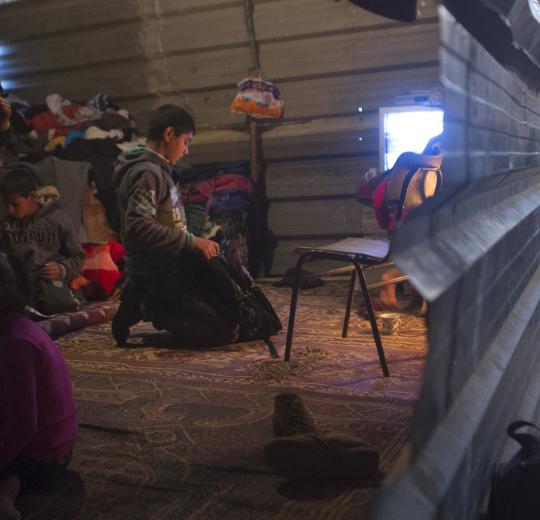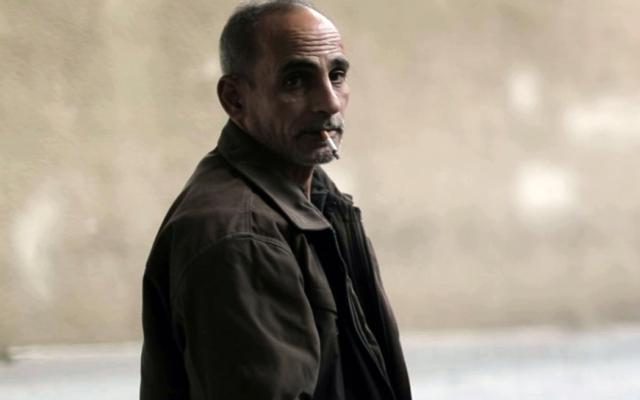When the blockade began, I was 13 years old. Over that period, since 2006, there has been a lot of conflict between Gaza and Israel.
My father was killed in an attack on Beit Hanoun in February 2008. A shell hit his place of work and killed him. That was before the first war on Gaza.
When the war started in 2008, we were forced to leave our home. As children who had lost their father, we were divided between relatives’ homes. We didn’t have any income and limited ability to decide our futures. After the war, we returned to our home, it had been partially damaged, but most of what we lost was equipment owned by my father. My father was a medical technician who taught at the Beit Hanoun Agricultural School.
When the war started in 2014, it was the same situation as before, we evacuated our home and went to live with relatives. My mother and sisters when to the home of one of my uncles and my brothers, and I went to stay with another uncle. When the war was over we returned to our home, like we always did, but this time when we returned the home wasn’t damaged. Our home was completely destroyed.
When you see your home destroyed, the first thing you think about are all the valuables that were in the home. Documents, academic transcripts, graduation certificates, IDs, land documents—all of it was in the house. I only found three things: an old passport, a certificate from a program I took, and a letter from a friend in the U.K.
Since 2014, we have submitted files to try to get permission and assistance in rebuilding, but every time there is a reason given for not moving forward. One time they say there is no map and another time they say that there is no proof that we were the owners of our home. In Gaza houses are not designed like in other places, so building is often illegal or not registered. This means that you must redesign homes to minimize area, resubmit registration and maps, etc. It is all time consuming. We haven’t yet submitted for rebuilding because we lack the maps required.
This isn’t unusual. There are people whose homes were destroyed in 2008 who haven’t rebuilt their homes because of missing documents.
Even if we had all of the papers, we might not get assistance. If you have a temporary place to stay like we do, you are not at the top of the list for getting aid. There are people who don’t have anywhere to stay.
There are many obstacles in Gaza. It is a desperate situation, and it is difficult to be optimistic. I am trying to save money and waiting for an opening and opportunity to travel abroad. I would really like to leave Gaza to find new opportunities. If I have to stay in Gaza, I will continue to try to build opportunities for myself here despite the limited options.
Gaza is a big prison where you are forced to remain.



